June 9, 2008
How do you feel about an MSNBC reporter calling Spike Lee ‘uppity’?
 File this under "you're too sensitive" if you want, but I think people of color notice these types of media mistakes because they reflect, deep-down, America's lack of evolution on the diversity front.
From Gawker a few days ago: an MSNBC reporter described Spike Lee as "uppity" because of his back-and-forth spat with Clint Eastwood over the lack of African American soldiers represented on his two films about the World War II battle for Iwo Jima, "Flags of Our Fathers" and "Letters from Iwo Jima." When Lee's criticism, which he made when he was at the Cannes Film Festival in May, was published, Eastwood responded that Lee should "shut his face."
I linked to the Gawker story in my Facebook page, and this morning I got an IM from a friend in New York, Peter V, who said he didn't get what the fuss was about. "Forgive my ignorance - but is 'uppity' a racial slur? I missed that one," he said.
I thought about it, because I had immediately linked to the Gawker piece, but upon reflection, he was right "uppity" in itself is not an offensive word. It's the historical context that I was responding to.
"In itself, no," I replied. "But someone in the national media should know the loaded nature of using the word when referring to a black man.... She may not have meant anything by it, but shame on her. It has hundreds of years of hate and hangings behind it..."
As I explained in a follow-up email, the parallel, for me, is that I grew up hearing the phrase "sneaky Japs" -- all my life, from other kids in school, on the playground, at work (back in the day, when workplaces were less enlightened) and elsewhere, from all ages.
File this under "you're too sensitive" if you want, but I think people of color notice these types of media mistakes because they reflect, deep-down, America's lack of evolution on the diversity front.
From Gawker a few days ago: an MSNBC reporter described Spike Lee as "uppity" because of his back-and-forth spat with Clint Eastwood over the lack of African American soldiers represented on his two films about the World War II battle for Iwo Jima, "Flags of Our Fathers" and "Letters from Iwo Jima." When Lee's criticism, which he made when he was at the Cannes Film Festival in May, was published, Eastwood responded that Lee should "shut his face."
I linked to the Gawker story in my Facebook page, and this morning I got an IM from a friend in New York, Peter V, who said he didn't get what the fuss was about. "Forgive my ignorance - but is 'uppity' a racial slur? I missed that one," he said.
I thought about it, because I had immediately linked to the Gawker piece, but upon reflection, he was right "uppity" in itself is not an offensive word. It's the historical context that I was responding to.
"In itself, no," I replied. "But someone in the national media should know the loaded nature of using the word when referring to a black man.... She may not have meant anything by it, but shame on her. It has hundreds of years of hate and hangings behind it..."
As I explained in a follow-up email, the parallel, for me, is that I grew up hearing the phrase "sneaky Japs" -- all my life, from other kids in school, on the playground, at work (back in the day, when workplaces were less enlightened) and elsewhere, from all ages.




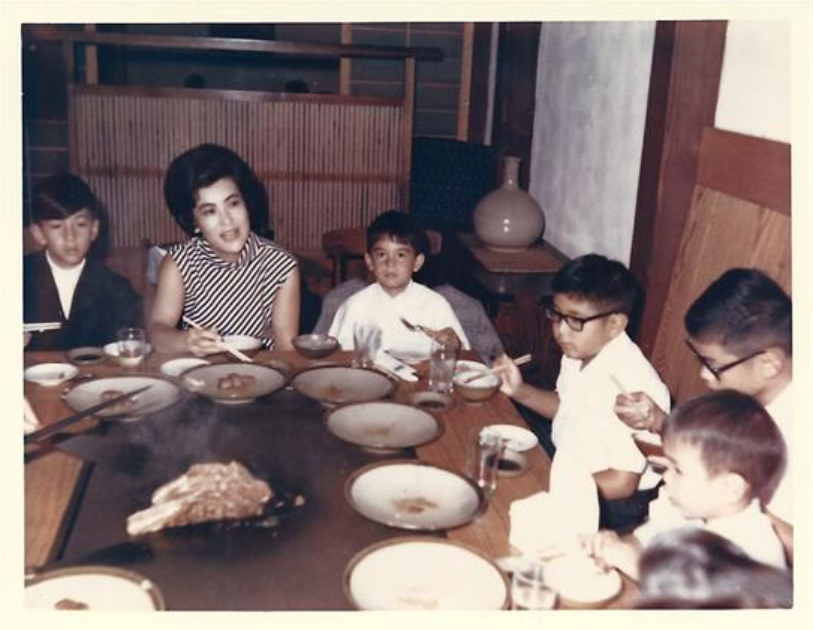
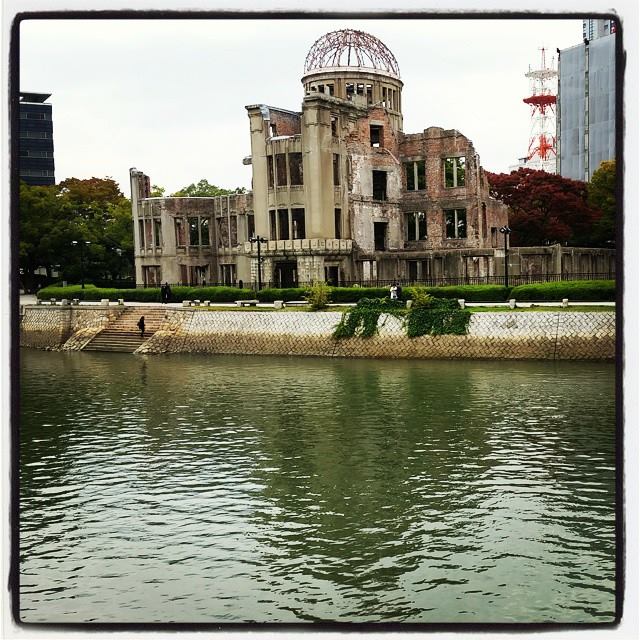
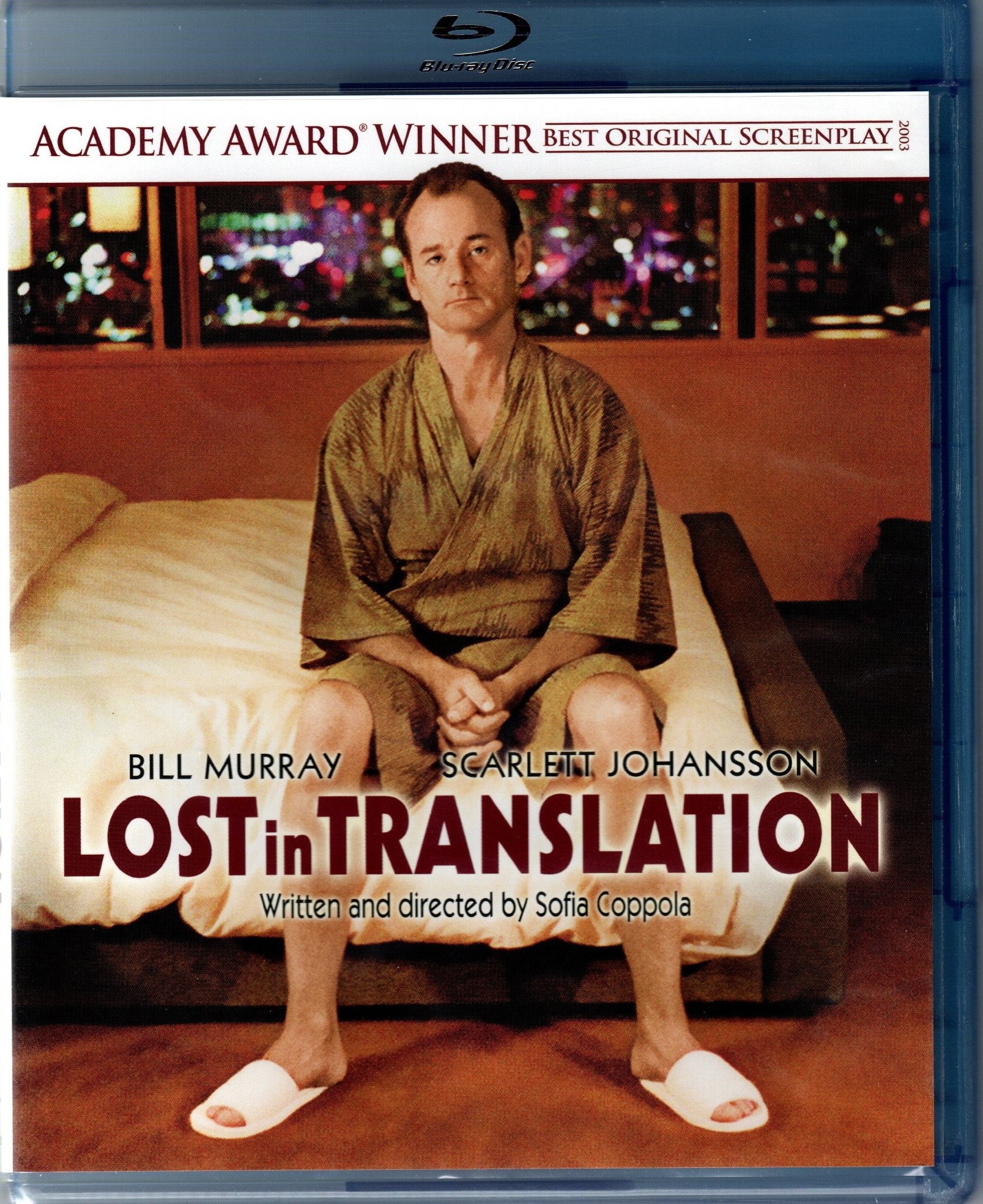
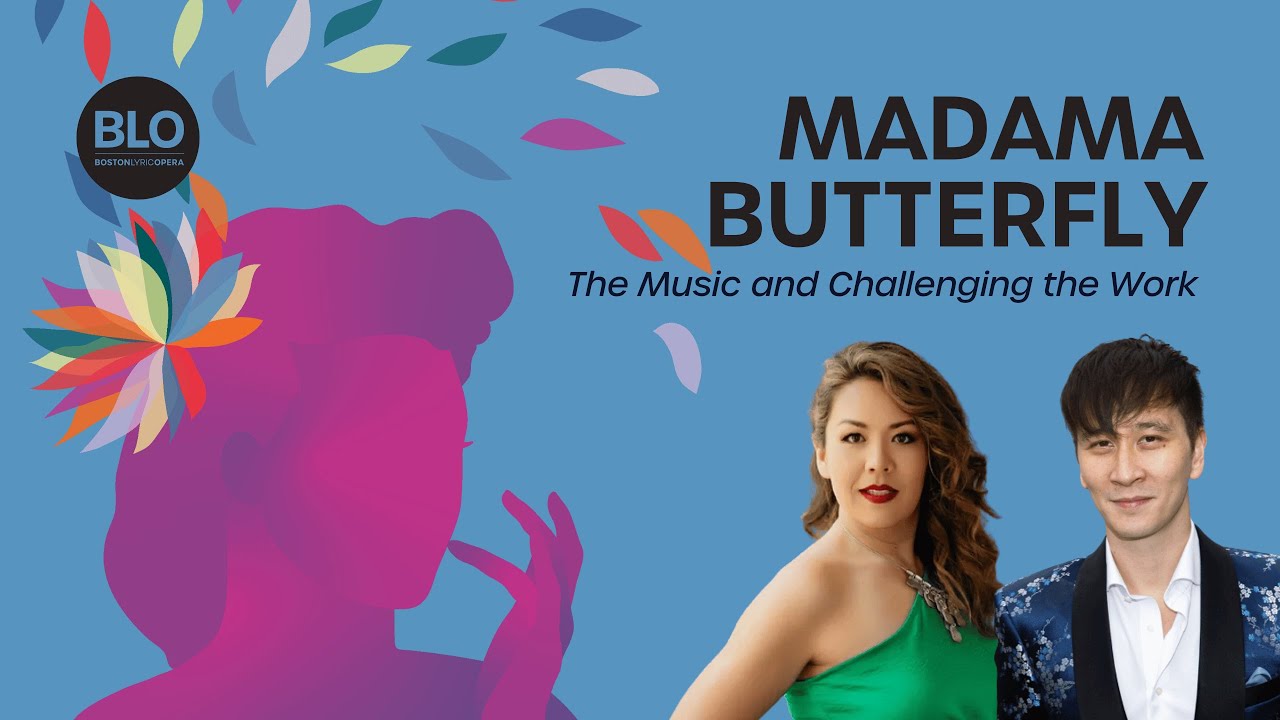
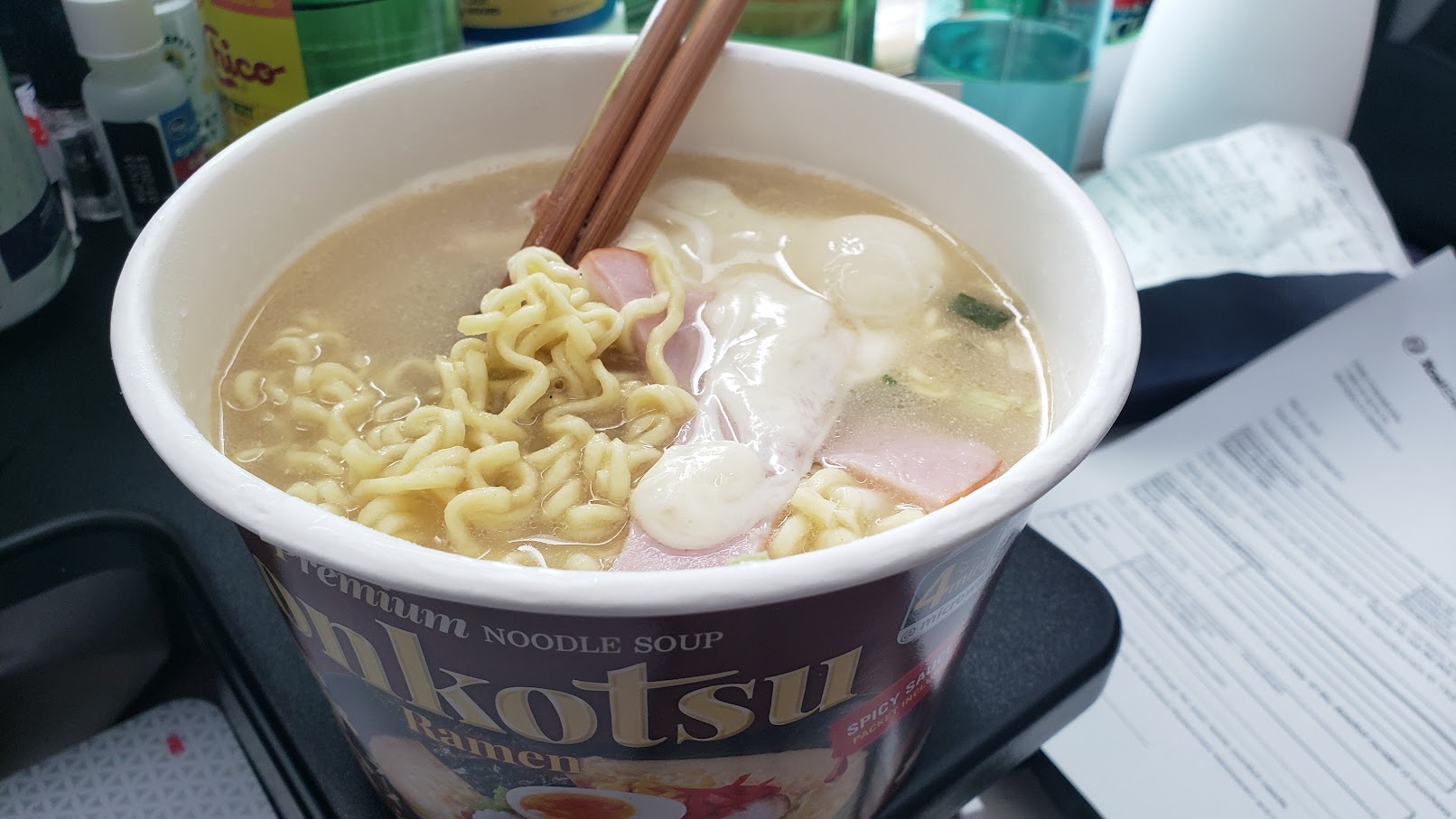
 The characters Harold and Kumar, played by APA actors John Cho and Kal Penn, are like embarassing uncles who fart in public and cuss and tell stupid jokes. In fact, in lots of ways, Harold and Kumar are stupid jokes.
But like those uncles, you have to embrace them when you see them, even though you wince every time they walk in the room.
That's because in their 2004 debut, Cho and Penn's characters smashed Asian American stereotypes about being the model minority. Cho played Harold, an earnest numbers-cruncher by day who has the hots for a hot neighbor and has the internalized heart of a slacker; Penn's Kumar is the slacker externalized. He's a pot-hound and horndog and crude as he can be, always trying to drag Harold into his slackdom. Kumar is supposed to become a doctor, and it turns out he's quite capable, except he's pathologically incapable of following his ethnically preordained career path.
The two go on a marijuana binge and seek out a White Castle burger, or more accurately, a whole bunch of 'em, to assuage their munchies. (It helps to understand the plot if you've enjoyed the strange pleasures of a tiny White Castle "slider.")
The characters Harold and Kumar, played by APA actors John Cho and Kal Penn, are like embarassing uncles who fart in public and cuss and tell stupid jokes. In fact, in lots of ways, Harold and Kumar are stupid jokes.
But like those uncles, you have to embrace them when you see them, even though you wince every time they walk in the room.
That's because in their 2004 debut, Cho and Penn's characters smashed Asian American stereotypes about being the model minority. Cho played Harold, an earnest numbers-cruncher by day who has the hots for a hot neighbor and has the internalized heart of a slacker; Penn's Kumar is the slacker externalized. He's a pot-hound and horndog and crude as he can be, always trying to drag Harold into his slackdom. Kumar is supposed to become a doctor, and it turns out he's quite capable, except he's pathologically incapable of following his ethnically preordained career path.
The two go on a marijuana binge and seek out a White Castle burger, or more accurately, a whole bunch of 'em, to assuage their munchies. (It helps to understand the plot if you've enjoyed the strange pleasures of a tiny White Castle "slider.")  As members of the
As members of the  I know exactly where I was the night of June 5, 1983: I was freezing my butt off, soaked to the bone but ignoring my discomfort because I was in musical heaven, surrounded by huge sandstone rocks on both sides, a stormy sky above and a hungry young band called U2 just hitting its stride in front of me, its members playing their hearts out despite the crappy weather.
That concert was captured on an EP (for you post-CD fans, "extended play" releases were vinyl records with fewer songs than a full album but more than just a single with a flipside) and a video, both titled "Under a Blood Red Sky." The audio recording was actually a compilation of tracks recorded at Red Rocks and elsewhere during the same tour; the video was all filmed in Denver.
The combination of the two established U2 as world-class big-time rock stars, not the scrappy new-wavers who played clubs and small theaters. MTV loved the energetic performances amidst the dramatic, almost otherworldly, setting. Radio stations caught on to the band's talent, and U2 hit their stride. In the years since, the concert was hailed as a seminal moment not just for U2, but for pop music: Rolling Stone magazine named it to its list of the "50 Moments that Changed Rock and Roll."
I know exactly where I was the night of June 5, 1983: I was freezing my butt off, soaked to the bone but ignoring my discomfort because I was in musical heaven, surrounded by huge sandstone rocks on both sides, a stormy sky above and a hungry young band called U2 just hitting its stride in front of me, its members playing their hearts out despite the crappy weather.
That concert was captured on an EP (for you post-CD fans, "extended play" releases were vinyl records with fewer songs than a full album but more than just a single with a flipside) and a video, both titled "Under a Blood Red Sky." The audio recording was actually a compilation of tracks recorded at Red Rocks and elsewhere during the same tour; the video was all filmed in Denver.
The combination of the two established U2 as world-class big-time rock stars, not the scrappy new-wavers who played clubs and small theaters. MTV loved the energetic performances amidst the dramatic, almost otherworldly, setting. Radio stations caught on to the band's talent, and U2 hit their stride. In the years since, the concert was hailed as a seminal moment not just for U2, but for pop music: Rolling Stone magazine named it to its list of the "50 Moments that Changed Rock and Roll."  Internet technology is such a great, rapidly evolving field, that we're constantly being presented with new ways to tell stories -- to do journalism. Who woulda thunk even just 10 years ago that the Internet would be many people's main source of news and information? Who woulda predicted services such as
Internet technology is such a great, rapidly evolving field, that we're constantly being presented with new ways to tell stories -- to do journalism. Who woulda thunk even just 10 years ago that the Internet would be many people's main source of news and information? Who woulda predicted services such as  Erin and I attended a talk and book signing with 9News Political reporter
Erin and I attended a talk and book signing with 9News Political reporter  He didn't act it. Looking his usual boyish self, and speaking with an impassioned conviction, the tall, lanky Schrager reminded me of the young Jimmy Stewart in the 1939 Frank Capra film, "Mr. Smith Goes to Washington." By the time he finished and everyone convened downstairs for surprisingly good food from Japon and a long line of people buying his book and getting personalized autographs, Schrager had been accepted as an honorary Japanese American.
He didn't act it. Looking his usual boyish self, and speaking with an impassioned conviction, the tall, lanky Schrager reminded me of the young Jimmy Stewart in the 1939 Frank Capra film, "Mr. Smith Goes to Washington." By the time he finished and everyone convened downstairs for surprisingly good food from Japon and a long line of people buying his book and getting personalized autographs, Schrager had been accepted as an honorary Japanese American. 